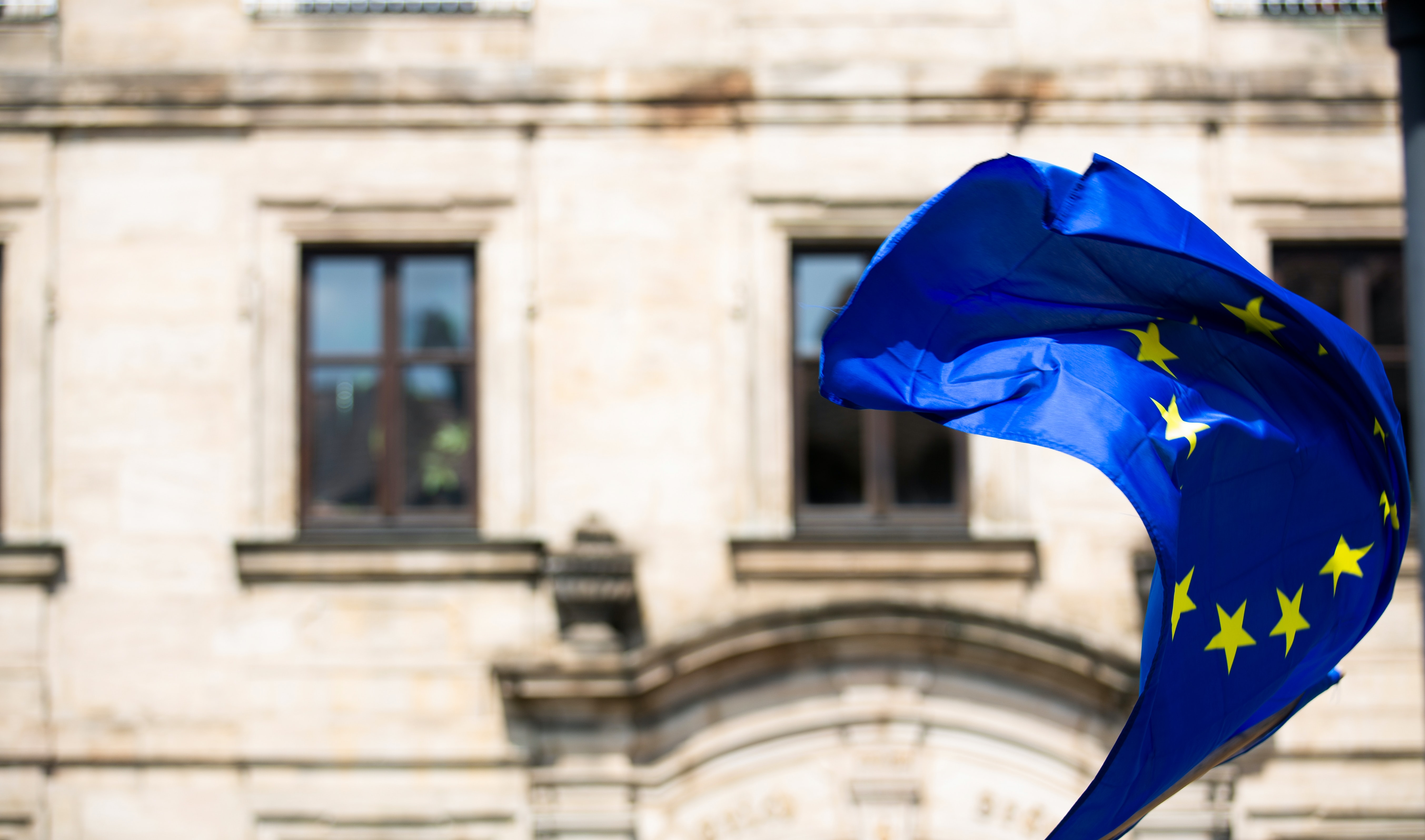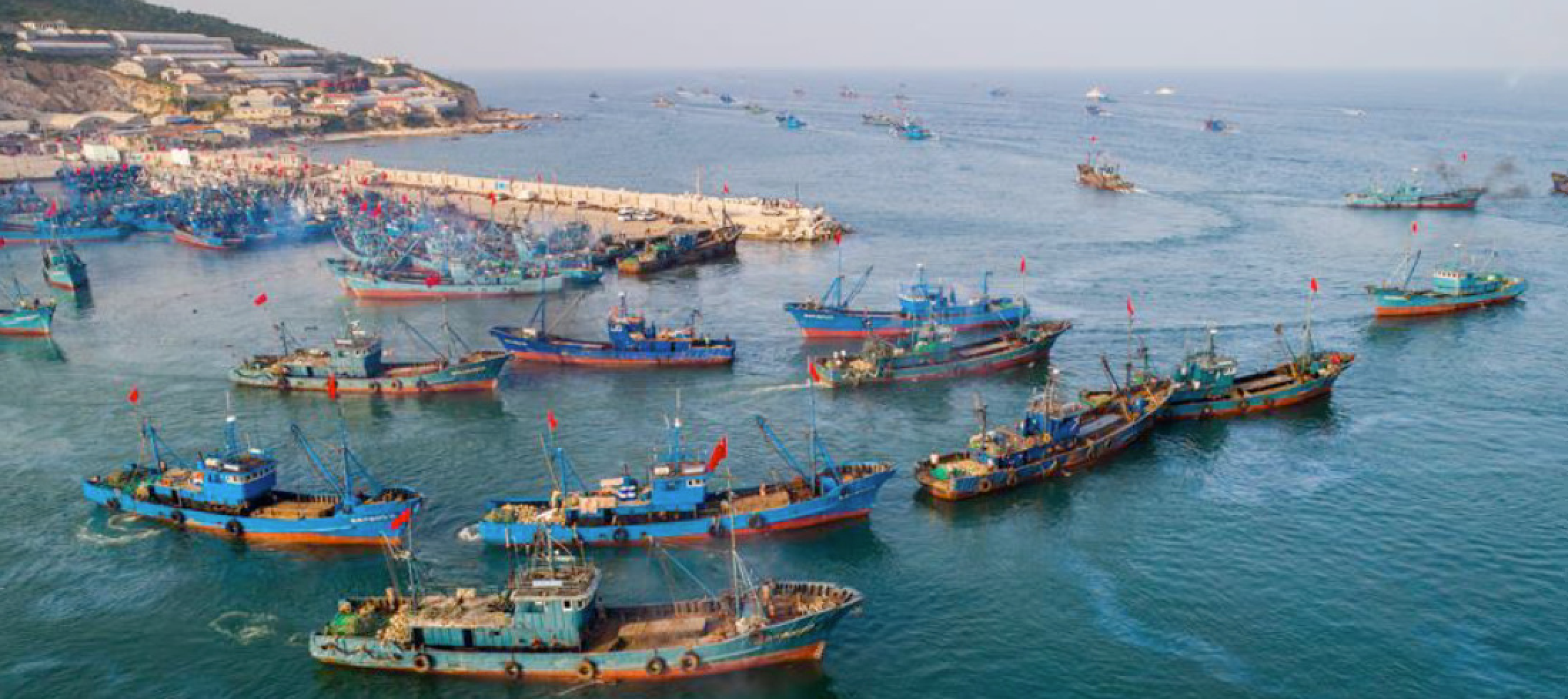2019 marks the 150th anniversary of the foundation of the UK P&I Club. On 4 July, the UK Club hosted 350 Members and shipping industry leaders at the National Maritime Museum to mark the occasion in spectacular fashion.
On an idyllic summer evening, guests from around the world made their way to the Greenwich Maritime Museum in London, home to centuries of shipping and exploration history that proved to be the perfect setting for the evening ahead.
Guests were treated to a three course meal, accompanied by live music from a string quartet which filled the museum’s north wing, all being painted in real time by artist Ben Mosley, whose work from the evening can be seen at the Club's London office. Additionally The New Club logo was launched at the dinner.
The Reverend Cannon Andrew Wright from the Mission to Seafarers, began the evening’s events by speaking to assembled guests about the work of the WeCare programme, as well as performing a fantastic Grace for the occasion.
While there were many distinguished guests in attendance, Pomboo the Club’s flip flop dolphin sculpture was unable to attend the gala dinner in person. Being over 70 Kilos and slightly less nimble than an actual dolphin, Pomboo kept pride of place in 90 Fenchurch Street. By commissioning this sculpture, the UK P&I Club was able to support Ocean Sole’s mission to clean up the oceans, provide a steady income to over 1,200 low-income Kenyans, and invest in a welfare programme for its employees and their families. For those unfamiliar with Swahili, “Pomboo” translates to “dolphin”, and was the name chosen as part of a staff competition to raise funds for another of the Club’s chosen charity partners, Mercy Ships.
Mercy Ships, who do amazing work delivering medical care to people in the developing world with their hospital ship, the Africa Mercy, have been working with the UK P&I Club to support their Volunteer Programme, helping to ensure that this vital work can continue.
Turning away from the charitable and environmental sector, Hugo Wynn-Williams spoke about the Club’s initiatives to improve safety in the shipping industry.
Safer tomorrow competition
Shipping is still one of the world's most dangerous occupations, despite significant improvements in safety in recent years, which is why the UK Club chose to run a competition ‘Investing in a Safer Tomorrow’ to mark its 150th year across three centuries.
The Club’s aim was to engage with the younger generation in shipping at the start of their maritime career and to encourage them to think about how safety at sea could be improved. With a total prize fund of $50,000 on offer, the shipping community did not disappoint.
Over 200 entries were received by young seafarers and upcoming maritime professionals from around the world, showing a vast well of talent and passion that will surely help shape a bright future for our industry.
Over two stages of the competition, the final three entries were shortlisted and invited to the gala dinner, which culminated in the award ceremony for the competition.
Winners
Third place was awarded to Santosh Godhi, Niranjan Shinde and Sunil Patil (India) who developed ‘The Life Band’, which is worn like a wristwatch and uses Bluetooth technology to connect to the ship’s ‘Man Over Board’ system.
Muhammad Harith Bin Rahmat, Nurfatin Khairru’nisa Bte Abdul Sha’alam, Muhammad Syahmi Bin Sulaiman and Nurul Insyirah Binte Bau Bakar (Singapore) picked up second prize, with their ‘SLAM’ system. Inspired by an aircraft’s Black Box recorder, the ‘Safety Locator Assistance Monitoring System’ tracks and monitors the location of individual crew members in high risk areas.
However it was Puiyush Jian’s (India) entry that took the coveted first prize. A proposal to improve the current ‘Deadman Alarm System’, which is seen to be too passive to be truly effective, by introducing a cost-effective, simple and easy-to-install ‘active’ system using a wireless handheld transmitter.
The UK Club would like to thank everyone who attended a wonderful evening in Greenwich, London. The last 150 years have seen drastic changes in the way vessels navigate the globe and for the crew that operate them. Fantastic and necessary work by maritime charities continue to address the issues facing us today, but if the talent shown by the younger generation is anything to go by, the next 150 years look very bright indeed.




